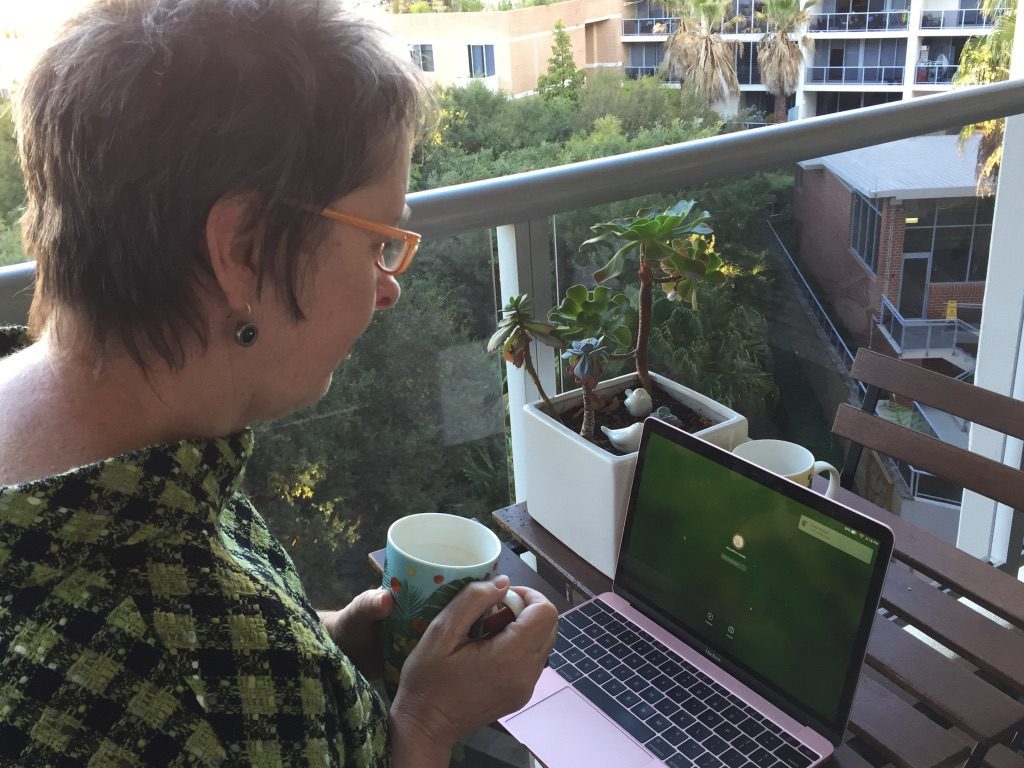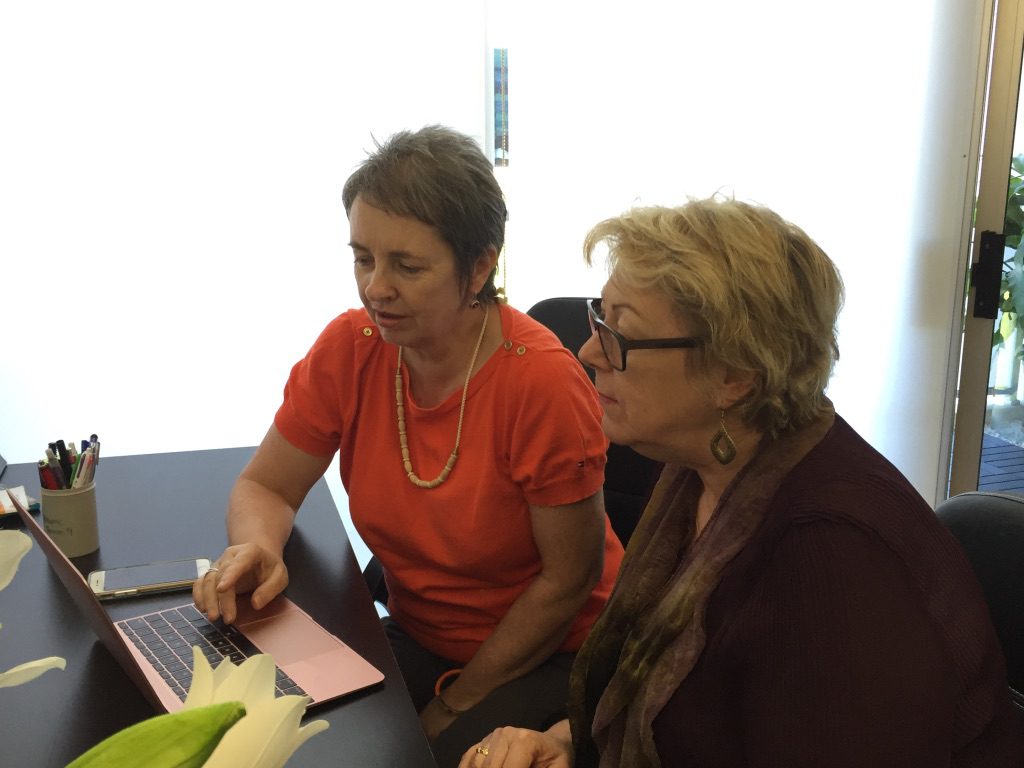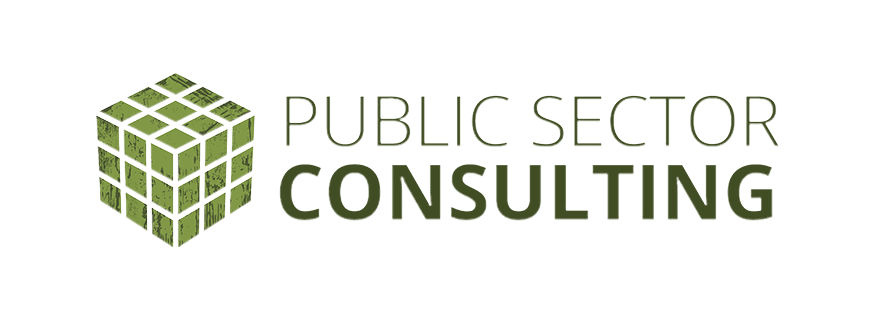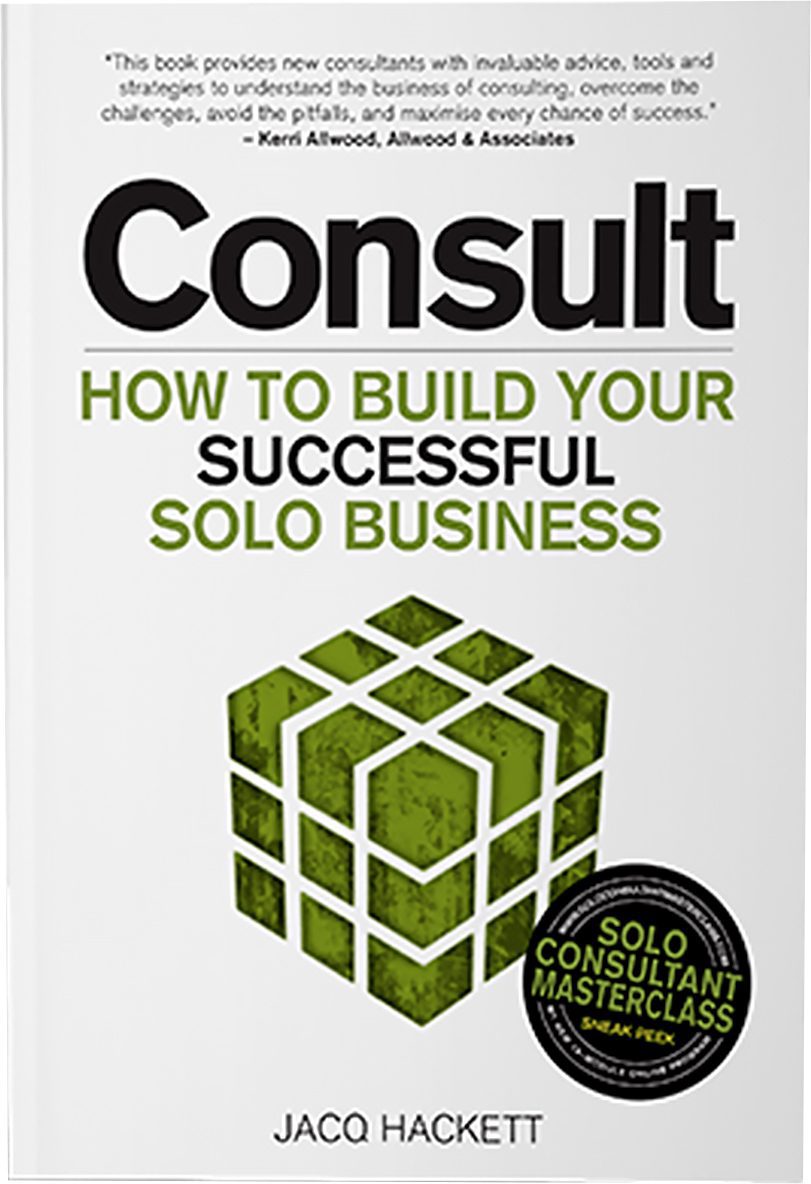Being new to the consulting game can be challenging – especially if you’re going it alone. Here’s seven mistakes new solo consultants commonly make.
7 mistakes new solo consultants make
1. They don’t write a proposal that nails the client’s needs
What experienced consultants know is that rarely is the initial brief provided by the client a very accurate reflection of what they really want or need. When you receive a written brief, it is a mistake to take it at face value. Without even realising it, clients can be vague or uncertain. They know they have a problem they need to address, or a job they need to get done, but they don’t always have clarity about the scope and parameters. Your job is to be proactive in getting underneath the written brief to really figure out the client’s problem at the outset. Without doing this you risk not winning the project. Take the time and make the effort to talk with the client and find out about the problem they are experiencing and what it is they really need. Then prepare a proposal that resonates with them.
2: They underestimate time and costs
Too often, new consultants find themselves spending far more time on tasks than they quoted because they failed to accurately forecast how long each task would take. Even worse, they realise they haven’t included some essential tasks in their consultancy quote and so end up doing them gratis!! Now that you are in a time-for-money business (time-for-money = where the time you spend working for a client is billable), you need to make sure that the time you spend working on a client’s problem, is time you are getting paid for. Spending unpaid time on a project is a pitfall for the new consultant and can become the bain of a consultant’s life if left unchecked (or similar). When you use a project planning template you can walk your way through the project step by step, spelling it out in as much detail as possible. Be especially alert when estimating the time it takes for analysis and report writing – these are the areas that most commonly trip consultants up time-wise.
3. They gather or review too much information
When you take on a new consultancy project this means a whole new set of information to get on top of. You need to read background documents, research the Internet, review quantitative data, and collect a whole lot of new information through stakeholder consultations. You need to get on top of the issues, but it can be difficult to figure out how much is enough. New consultants often find themselves drowning in information as they try to dig deeper and deeper to find out more about the client’s problem. You need to learn how to put limits on this phase of the project and recognise that you have a finite amount of time to spend on the task. It is important to trust that enough is enough – that the insight you need will be embedded in the information you have already gathered. As a new consultant you will learn when to call a halt and move into the very important analysis phase. Too much time in research diminishes analysis (or similar i.e. why is it a problem to do too much research? Maybe don’t have enough time to analyse..?) If you don’t, you will find yourself on the ‘just a bit more information’ treadmill, which is notoriously hard to get off.
4. They conduct second-rate stakeholder consultations
Stakeholder consultations are an integral component of consultancy work. And they are tricky! Your role as a consultant is very different from that of a manager of (?) colleague and there is no time when this is more evident than when you interview key stakeholders about your client’s problem. You need to be independent, engaging, interested, insightful, probing, challenging, empathetic. If you don’t have excellent interviewing skills you risk missing all the important information. . Stakeholders will provide you with rich and invaluable information, but at times you will also face cynicism, anxiety, egos and views that alarm you. Stakeholder interviews yield some of the most valuable information in any consultancy project but they can be hard work and you need to be extremely skilled to conduct them effectively. Bone up on your interview technique, polish your listening skills, and be prepared [be very prepared].
5. They produce a second-rate final report
No matter how well you do in every other aspect of the project if you fail to produce an excellent final report your client will be dissatisfied. The main mistakes consultants make when producing the final report are:
- It doesn’t have a logical flow;
- Its too long and too detailed;
- It simply summarises the key themes and tells the client what they already know;
- The recommendations are not based on the evidence you found;
- It fails to provide enough value to the client in solving their problem.
Writing excellent reports that takes the client’s issues forward is a core consulting skill and one that new consultants need to get on top of fast. If you don’t have these skills up front, get help. Seek feedback from a trusted advisor and learn the art of producing a truly great report.
6. They fail to manage the client’s expectations
No matter how well you manage other aspects of the project, if you fail to manage your client’s expectations, they will ultimately be unhappy. Yes, the goalposts can change, the timeframes can shift, and the unexpected emerges. Welcome to the unpredictable world of consulting. All sorts of things happen and many of them are beyond your control. You might be perfectly capable of rolling with the changes, but to be a truly successful consultant you need to keep your client abreast of what the potential impact of any changes. If a slight change in direction will result in a delay in delivering, or have additional cost implications, then you need to let the client know as soon as possible. It is a mistake to assume your client will understand these implications. It is your job to spell out any changes to them as soon as you can see them. A key skill for a new consultant to learn is to not just manage the project, they also manage their client’s expectations. When the original expectations need to shift for some reason, take action.
7. They think they already know how to consult
Successful solo consultants have already had a successful career. At some point they made a decision to move out of employment to start a consulting business. While many of the skills developed and enhanced in your previous job will get you off to a great start, it doesn’t mean you’ll instantly be a good consultant. You have the foundations, but there are core consulting skills you will need to learn and master as an external consultant if you are to make a success of it. There will be a learning curve, and the successful new consultant will access resources and tools, and they will seek advice to build their consulting skills.
Jacq Hackett provides expert consulting services to public health agencies. And as a veteran of over two decades of consulting, she now provides coaching and development for other consultants. She is passionate about supporting the next generation of public sector consultants to become very good at what they do.
Improving your proposal writing skills is your ticket to winning more consultancy projects and earning the income you aspire to. Access Jacq’s free video training series Writing Better Proposals here.
Take one of the Public Sector Courses with Jacq!

Consulting Proposals Online Workshop
Learn How To Write Compelling Consulting Proposals That Win More Public Sector Projects.



Fundamentals
Five video training sessions focusing on some of the essential building blocks of developing a successful public sector consultancy business.


Launchpad
Launchpad will prepare you to launch [or re-launch] your public sector consulting business by guiding you step by step through
- Defining your service offering
- Developing your capability statement
- Developing an initial marketing strategy


Masterclass Series
The Masterclass series distils over two decades of consulting experience into the most comprehensive online training program available, tailored specifically for public sector consultants.


Accelerator
The Accelerator is an 8-week group mentoring program designed to teach you everything you need to know to start or grow a profitable, sustainable public sector consulting business. In the Accelerator, we focus on skill development, business development, and mindset development.


Mentoring and Resources for Public Sector Consultants
Looking for 1:1 support? My individual mentoring sessions will provide you with specific, targeted support on any issue or challenge at any time.
Looking for resources? I have a number of free cheat sheets you can download.
Consult – Book Available Now
Jacq’s book Consult invites you into the often closed shop of the consulting world. You’ll learn what you need to know to get you started on the right track, as well as practical tips and simple steps for developing your consulting expertise over time.




